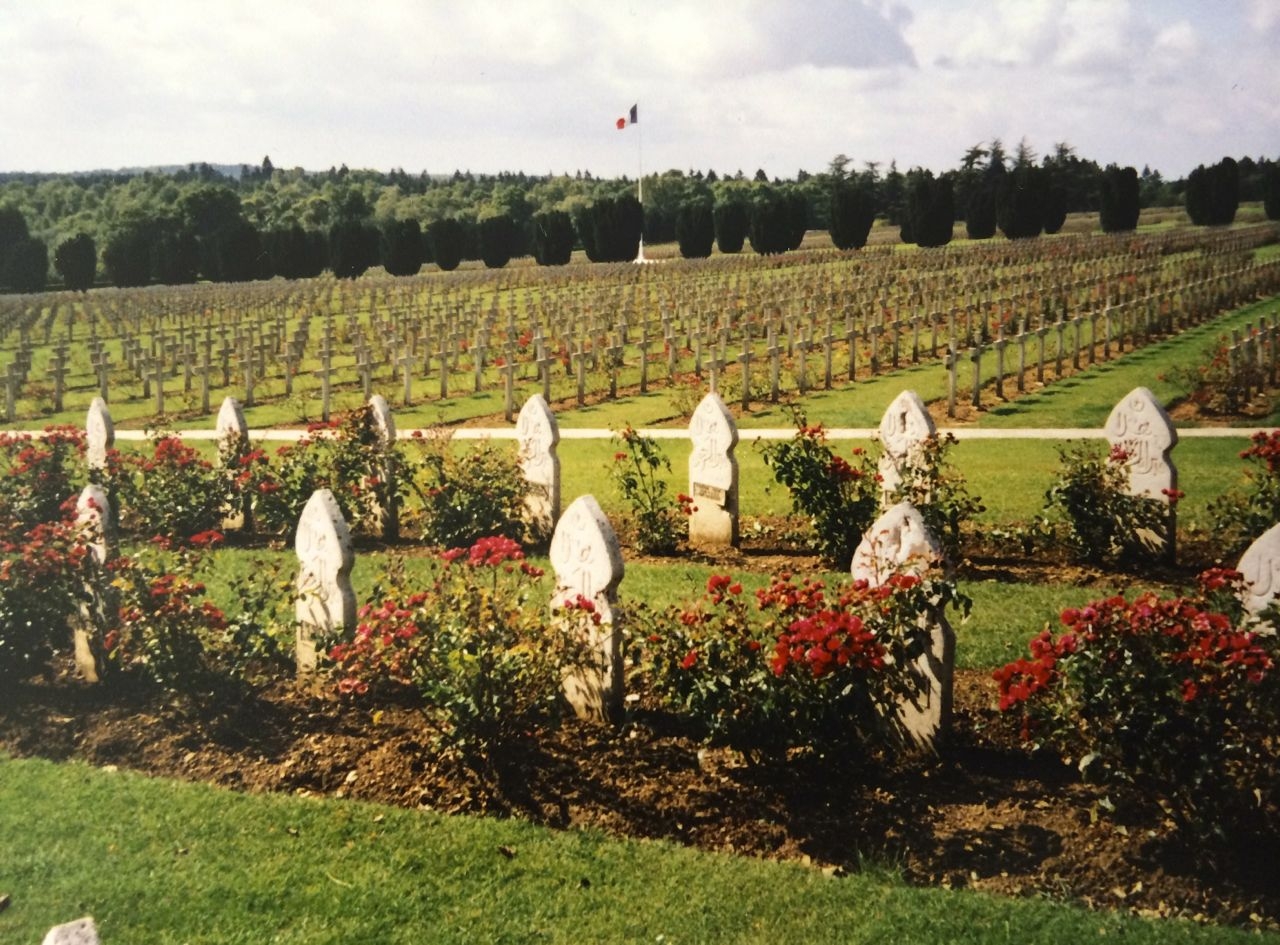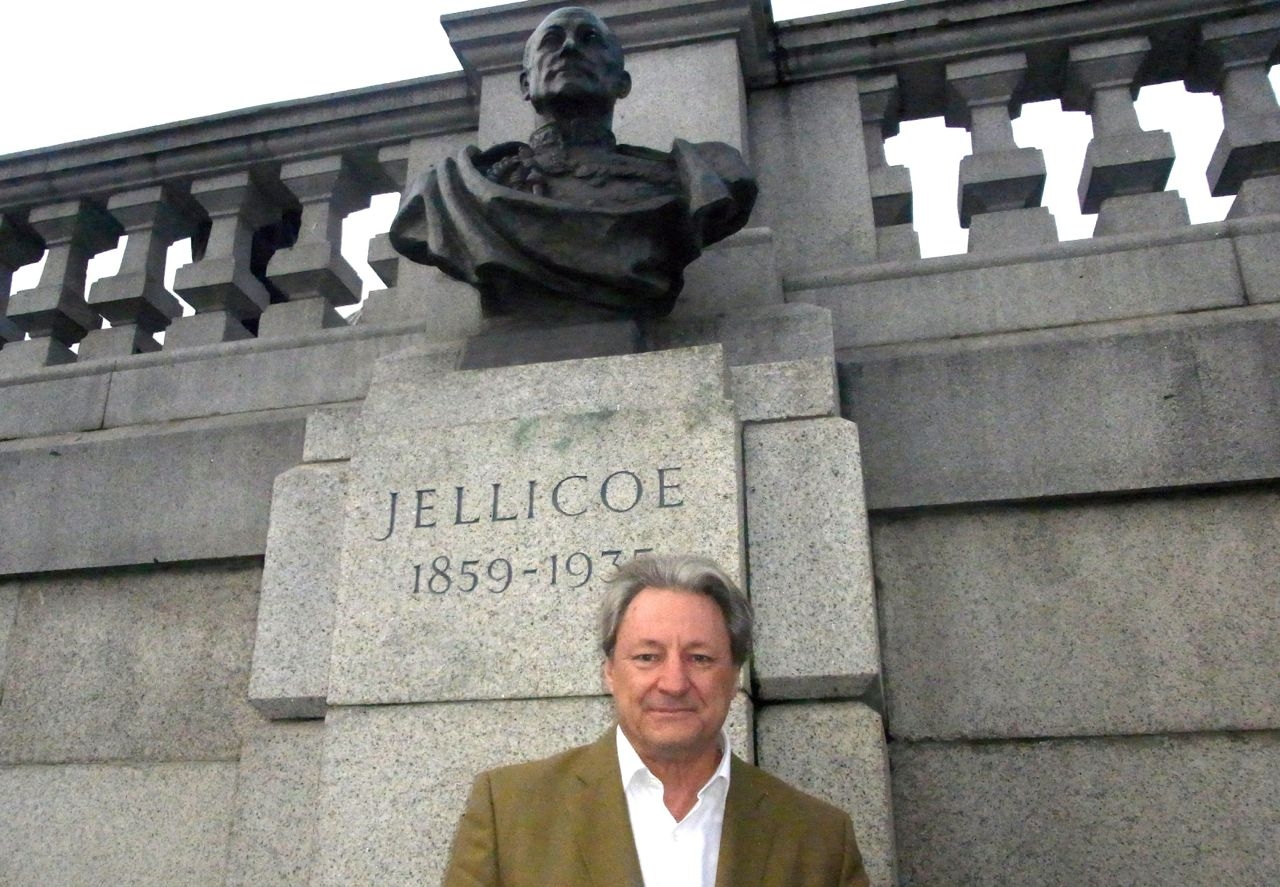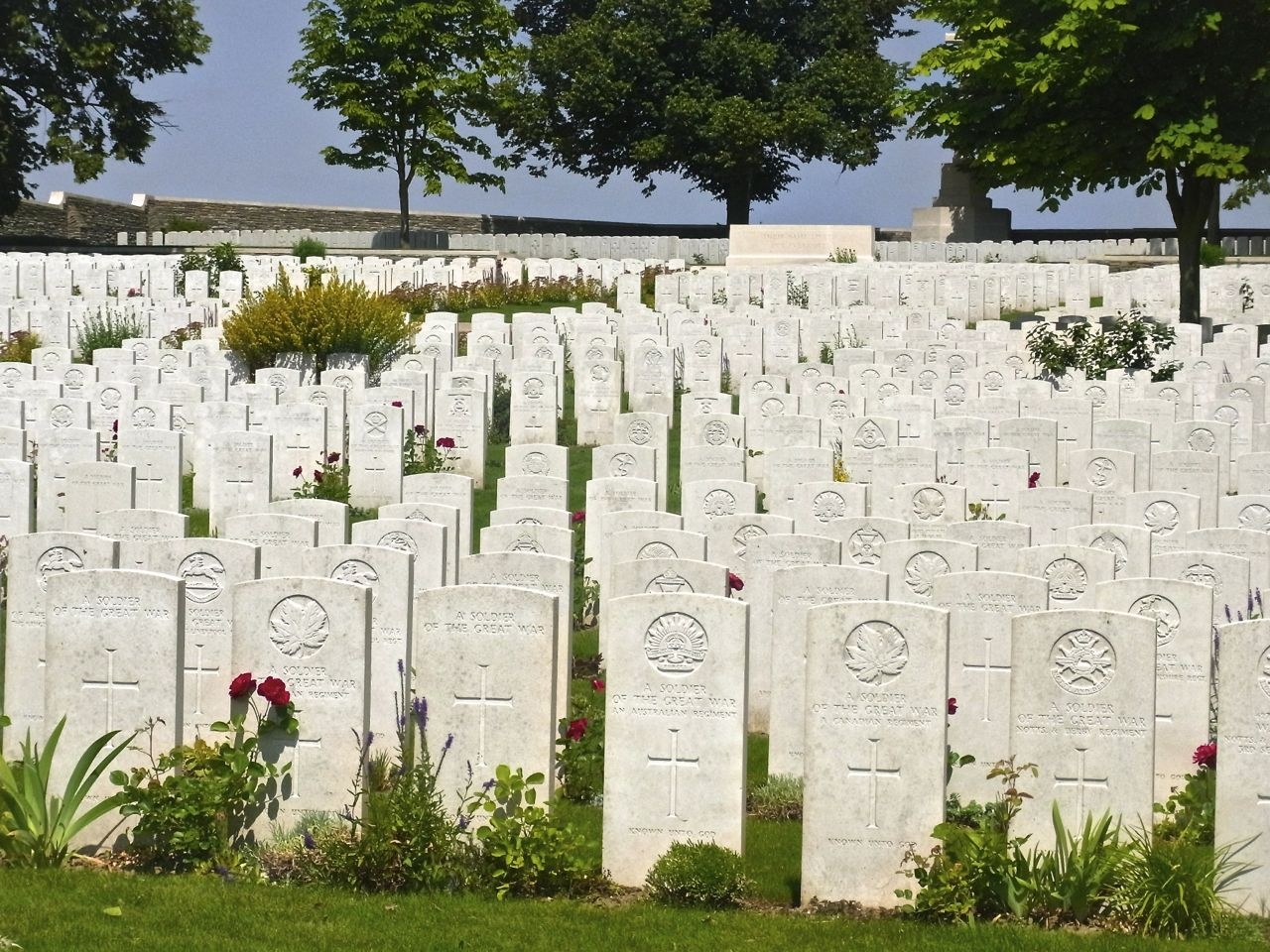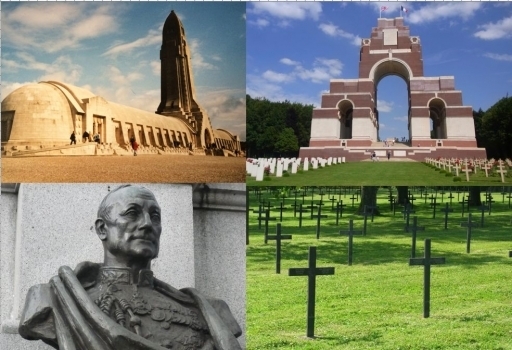Centenary News looks ahead to the some of the major First World War anniversaries which will be remembered in 2016.
100 years ago, the Battles of Verdun and the Somme lay ahead. 1916 was also the year of the Battle of Jutland, the biggest naval clash of the Great War; and the Brusilov offensive, Russia’s last major push on the Eastern Front.
In the Middle East, Britain and France reached an agreement for dividing the Ottoman Empire after the defeat of Turkey, with long-term consequences for the region. The Arab Revolt began with British support.
British rule in Ireland was challenged by republicans with a rising at Easter.
Romania entered the war on the Allied side, but Bucharest fell to the Germans within months.
1916 was also a year of leadership changes in Britain, France, Germany and Austria-Hungary.
Britain’s expanding Western Front armies entered the New Year with their recently-appointed Commander-in-Chief, General Sir Douglas Haig.
Breaking with tradition, conscription was introduced in the UK to meet the military’s growing demands for manpower.
Erich von Falkenhayn was replaced as Chief of the German General Staff in August as the losses at Verdun mounted. He was succeeded by the duo of Paul von Hindenburg and Erich Ludendorff, victors at the Eastern Front Battle of Tannenberg in 1914.
Emperor Franz Josef, ruler of the Austro-Hungarian Empire, died after a 68-year rein.
British Prime Minister Herbert Asquith was ousted by David Lloyd George in December, amid demands for more vigorous leadership of the wartime coalition government.
Out too went General Joseph Joffre, replaced as French army commander by Robert Nivelle, fresh from leading successful counter-attacks at Verdun.
Summary of 2016 anniversaries
January 9
The Gallipoli campaign ended, with the evacuation of the remaining Allied positions at Helles. Soldiers from the Newfoundland Regiment were among the last to leave.
January 10-February 16
Russia launches a winter offensive against the Ottoman Empire, capturing the fortress of Erzurum in eastern Anatolia on February 16
January 27
The British Parliament passes the Military Service Act, introducing conscription for unmarried men between the ages of 18 and 41. It comes into force on March 2nd
February 21
Germany attacks Verdun aiming to break the French armies on the Western Front with a campaign of attrition. After 10 months of fighting, France is undefeated but both sides suffer hundreds of thousands of casualties.
 Commemorations marking the centenary of the Battle of Verdun will be taking place in the Meuse region of Northeastern France throughout 2016. See the Verdun Tourisme website for events on February 21. There’ll be an international ceremony on May 29.
Commemorations marking the centenary of the Battle of Verdun will be taking place in the Meuse region of Northeastern France throughout 2016. See the Verdun Tourisme website for events on February 21. There’ll be an international ceremony on May 29.
March 18
Russia suffers heavy losses in a failed offensive at Lake Naroch (in present-day Belarus) aimed at deflecting German pressure on Verdun.
The Italians are also unsuccessful in the latest of a series of offensive against Austria-Hungary on the Isonzo River.
April 15
Russia captures Trebizond (Trabzon), on Turkey’s Black Sea Coast.
April 24
Republicans opposed to British rule in Ireland seize key buildings in Dublin, using the General Post Office as their headquarters. They surrender after five days of fighting.
A year-long programme of Easter Rising commemorations has been organised by the Irish Government.
April 29
A British/Indian force surrenders to the Ottoman Army at Kut-al-Amara in Mesopotamia (now Iraq) after a siege lasting almost five months
May
Britain and France agree spheres of influence in the Middle East after the Ottoman Empire has been defeated. It’s known as the Sykes-Picot Agreement, after the names of the negotiators.
May 15
Italy is put under pressure as Austria-Hungary launches its Trentino Offensive.
May 31/June 1
Battle of Jutland: 250 British and German warships clash off the coast of Denmark in the biggest naval battle of the First World War. British losses are greater. But the Royal Navy’s surface fleet remains dominant. Germany subsequently responds with a return to unrestricted submarine warfare.
Read about the UK Government’s programme of Jutland Centenary commemorations, including an invitation to descendants, here.
See too the Battle of Jutland Centenary Initiative, a website set up by Nick Jellicoe, grandson of the British commander-in-chief, Admiral Sir John Jellicoe.
There will also be a Jutland Centenary lecture programme in London.
 Nick Jellicoe at Admiral Jellicoe’s memorial in Trafalgar Square, London
Nick Jellicoe at Admiral Jellicoe’s memorial in Trafalgar Square, London
June 4
General Alexei Brusilov launches one of the most effective Russian campaigns of the Great War, driving through the Austro-Hungarian lines in Ukraine. The attack stalls by September, but Austria-Hungary has been significantly weakened.
June 5
Britain’s Secretary of State for War, Field Marshal Lord Kitchener, is killed when the Royal Navy cruiser taking him on a mission to Russia hits a mine off the Orkney Islands.
A new memorial to all those who died with Lord Kitchener on HMS Hampshire will be dedicated in Orkney.
June 5
The Arab Revolt against Turkish rule starts with an attack on the Ottoman garrison at Medina in the Hijaz (present-day Saudi Arabia). It’s followed by a proclamation from Sharif Hussein bin Ali, Emir of Mecca and guardian of the holiest cities of Islam. Turkish forces in Mecca are defeated within a month.
July 1
First day of the Battle of the Somme. The British Army suffers its worst losses in a single day – almost 20,000 men killed, more than 38,000 wounded or missing. The British-led offensive continues until November, without significant progress.
 Somme Centenary commemorations are planned in the UK & France from July-November 2016.
Somme Centenary commemorations are planned in the UK & France from July-November 2016.
July 27
Charles Fryatt, the captain of a British passenger ferry, is court-martialled and shot by the Germans in Belgium for attempting to ram a submarine after a challenge in the North Sea.
August 27
Romania declares war against Austria-Hungary, aiming to seize Transylvania which has a significant Romanian population.
August 29
Field Marshal Paul von Hindenburg takes over as head of the German army, with his deputy, General Erich Ludendorff. As part of a new Western Front strategy, German troops in France will be ordered to withdraw to new defensive positions, known as the Hindenburg Line.
Erich von Falkenhayn, the ousted Chief of the German General Staff, is given a new command on the Eastern Front where German troops capture the Romanian capital, Bucharest, by the end of the year.
September 15
Tanks are used for the first time by British troops on the Somme.
November 7
Woodrow Wilson is narrowly re-elected as President of the United States; America enters the war against Germany soon after the start of his second term in 1917.
November 18
The British offensive ends on the Somme.
November 21
Emperor Franz Josef, ruler of Austria-Hungary, dies after a 68-year reign. His successor, Karl, will be the last Habsburg Emperor.
December 6
German troops enter the Romanian capital, Bucharest.
December 7
David Lloyd George takes over as British Prime Minister after Herbert Asquith is ousted amid demands for stronger wartime leadership.
December 13
General Joseph Joffre, French Army chief from the beginning of the war, is replaced by General Robert Nivelle, commander of successful counter-attacks against the Germans at Verdun.
December 15-18
The Battle of Verdun ends with a French offensive.
Images and title montage © Centenary News
Posted by: Peter Alhadeff, Centenary News
